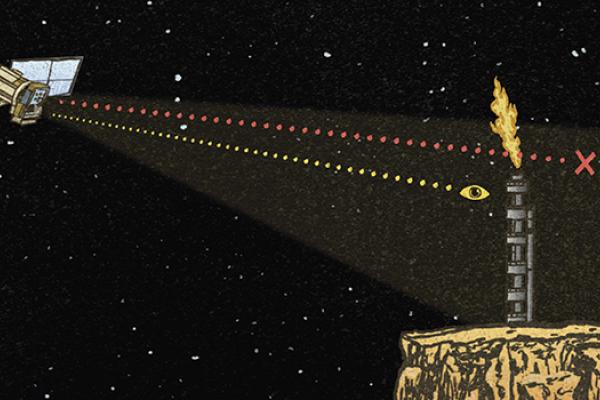Alberto Cairo (US) is a journalist and designer who has led graphics and visualisation teams in several countries.
He joined the School of Communication in January 2012. He teaches courses on infographics and data visualisation. He is also Director of the Center for Visualization, Data Communication and Information Design at University of Miami’s Institute for Data Science and Computing, as well as a Faculty Fellow at the Abess Center for Ecosystem Science and Policy.
Microsoft has described Cairo as always being “in the vanguard of visual journalism”. He is the author of How Charts Lie: Getting Smarter About Visual Information (W.W. Norton, 2019), The Truthful Art: Data, Charts, and Maps for Communication (Peachpit Press, 2016), and The Functional Art: An Introduction to Information Graphics and Visualization (Peachpit Press 2012). His next book, which explores the ethics and moral reasoning behind visualisation design, is due to publish by Wiley in 2021.
Cairo has also written for The New York Times and Scientific American magazine.
He has a popular visualisation weblog, www.thefunctionalart.com, and his Twitter account, @AlbertoCairo, has more than 50,000 followers interested in visualisation and data journalism.
In 2012, Professor Cairo created the world's first Massive Open Online Course (MOOC) in journalism, in collaboration with the Knight Center at the University of Texas. Since then, this course has attracted more than 30,000 people from over100 countries.
Between June 2010 and December 2011, Cairo was Director of Infographics and Multimedia at Editora Globo, the magazine division of Brazil's largest media group, where he served as an executive editor for the group's magazines. Between 2005 and 2009, he was also an assistant professor at the School of Journalism at the University of North Carolina at Chapel Hill. During this time, he was also the James H. Schumaker Term Assistant Professor in 2008 and 2009.
Alberto Cairo led the creation of the Interactive Infographics Department at El Mundo (elmundo.es, Spain), in 2000. His department is widely considered a pioneer in online news. Cairo’s team won more Malofiej and Society for News Design (SND) infographics international awards than any other news organization worldwide between 2001 and 2005.
Cairo’s most recent award is the 2019 Sigma Data Journalism Award (datajournalism.com/awards/) for a major investigative project undertaken in collaboration with Google and El Universal, one of Mexico's largest national newspapers. Cairo’s students have also won recognition in international visualisation and infographics competitions, such as the Information is Beautiful Awards and the Computation+Journalism Awards.
Over the past decade, Cairo has taught and consulted in almost thirty countries. He has worked for Microsoft, Google, the U.S. National Guard, the Congressional Budget Office and numerous other companies and institutions. He has delivered keynote speeches at many conferences on data journalism, data science, and visualisation, including Microsoft’s Data Insights, the JMP Discovery Summit, the Georgia International Conference on Information Literacy, New Directions in Health Communication and the Ihaka Lectures.




